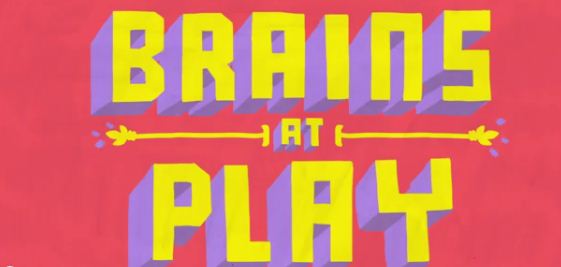In one Case, Scientists Find that Play is Vital to Social Skills and Essential Brain Function
Recently, NPR Education highlighted a series called “Playing to Learn” that explored questions of how play and activity relates to learning. In one particular post, Brains at Play, the author explores the scientific evidence behind how our brains react when we’re playing.
Scientist Jaak Panksepp, who has done extensive research on brains at play, including experimenting with the brains of rats, determined that the play impulse comes from a deep and primitive part of the brain. Play is an essential part of brain function and learning, a trait that is likely shared among all mammals.
Panksepp believes that playing is how social animals (including humans) learn the rules of how to socialize and interact with others. Play is wired into our brains; it helps us read responses from others, and adjust our own actions accordingly. We can also reach personal improvement from play; for example, we can learn how to problem solve and what our physical limitations are.
Not surprisingly, Panksepp and others in this field of study see that lack of play is a serious problem. This is particularly relevant to children and youth. Without play from an early age, children miss out on learning how to interact in a variety of situations, and what behaviors are socially appropriate.
For more information about the findings, or to take a look at other articles in the “Playing to Learn” series, visit http://www.npr.org/blogs/ed/2014/08/04/337387726/brains-at-play.



